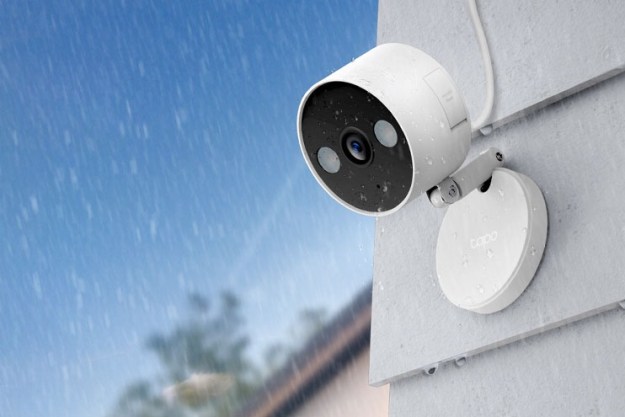If you enjoy the convenience of home-delivered meal kits, but experience a twinge of guilt when you dispose of the copious packaging material, a recent study by the University of Michigan (U-M) should ease your conscience.
According to the U-M researchers, when they compared meals prepared from ingredients bought at a grocery store to meal kits, the grocery store meals produced one-third more greenhouse gas emissions than the meal kits.
In the U-M study, published in the scientific journal Resources, Conservation and Recycling, faculty and graduate students from the Center for Sustainable Systems in the School for Environment and Sustainability calculated the accumulated carbon footprint of every step in food and meal production, from the farm to the landfill.
The culprit in the environmental offense of meal prepping with grocery-store ingredients is food waste.
“Meal kits are designed for minimal food waste,” says Shelie Miller, senior author of the study. “So, while the packaging is typically worse for meal kits,” Miller continued, “it’s not the packaging that matters most. It’s food waste and transportation logistics that cause the most important differences in the environmental impacts of these two delivery mechanisms.”
Hello Fresh and Blue Apron were among the pioneers in meal kit home delivery services, an industry that grew almost 22% to an estimated $3.1 billion in sales in 2018, according to research company Packaged Facts.
The U-M researchers bought the ingredients for five two-person meals from Blue Apron and a grocery store. The main dish for the five meals included salmon, cheeseburgers, chicken, pasta, and salad. Greenhouse gas estimates from previous studies, measured in carbon dioxide equivalent emissions per meal (CO2e/meal), were calculated for each meal including packaging. The calculations encompassed agricultural production, packaging production, distribution, supply chain losses, consumption, and waste generation.
There was a 33% difference between the emissions from meals prepared with food kits and grocery store ingredients. The average food kit meal scored 6.1 kg CO2e/meal, and the average grocery store meal measured 8.1 kg CO2e/meal.
Household food waste was higher for grocery store meals than the pre-portioned meal kits, but there was more packaging waste from the meal kits.
“We took a close look at the tradeoff between increased packaging and decreased food waste with meal kits, and our results are likely to be a surprise to many, since meal kits tend to get a bad environmental rap due to their packaging,” said Miller.
“Even though it may seem like that pile of cardboard generated from a Blue Apron or Hello Fresh subscription is incredibly bad for the environment,” Miller continued, “that extra chicken breast bought from the grocery store that gets freezer-burned and finally gets thrown out is much worse, because of all the energy and materials that had to go into producing that chicken breast in the first place.”
Last-mile emissions also factor in the lower environmental cost with meal kits. Meal kits delivered to homes by trucks on routes with many deliveries split the delivery cost while grocery store trips with personal vehicles result in the store-bought ingredients bearing the entire cost of the trip.




